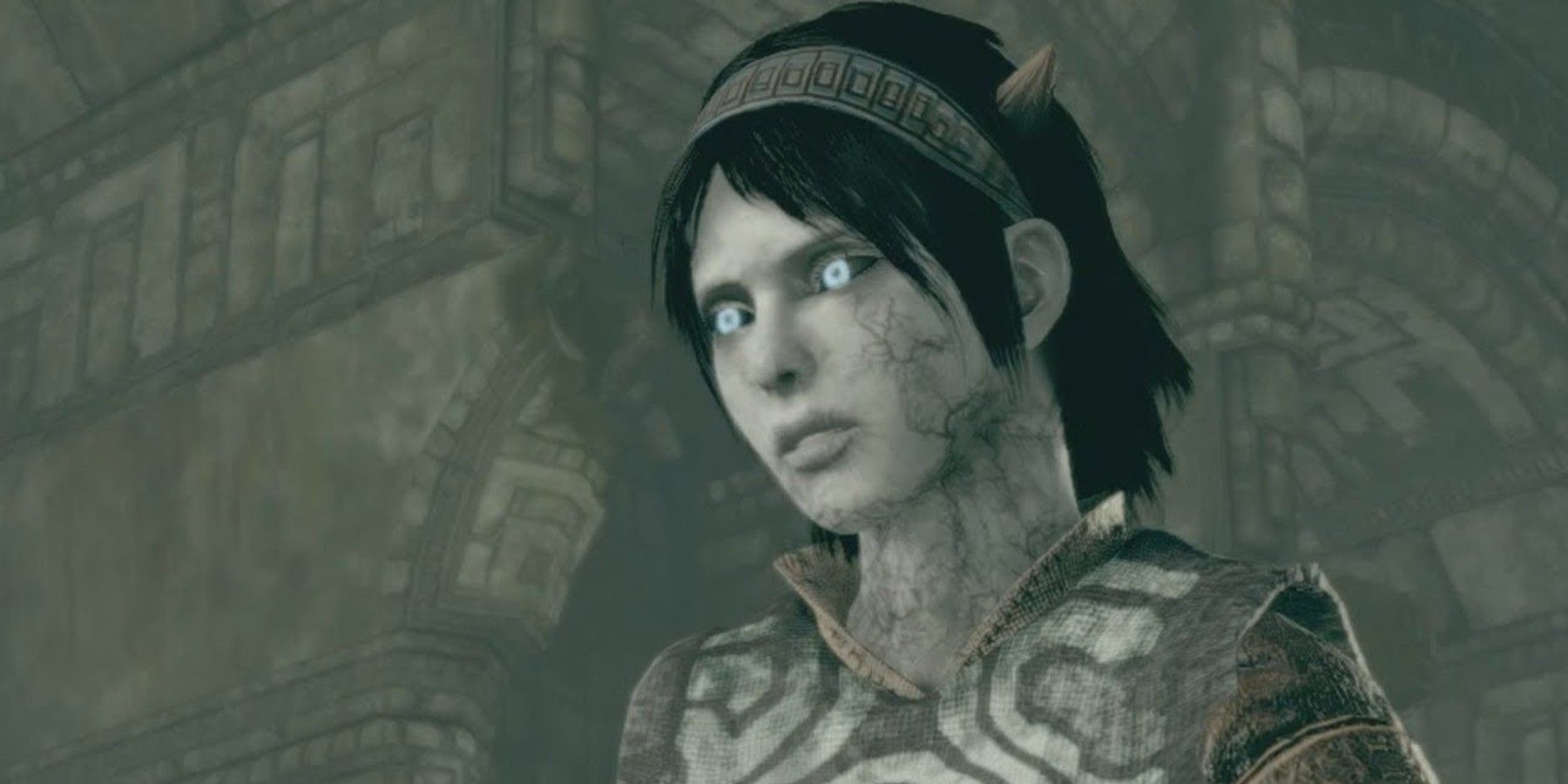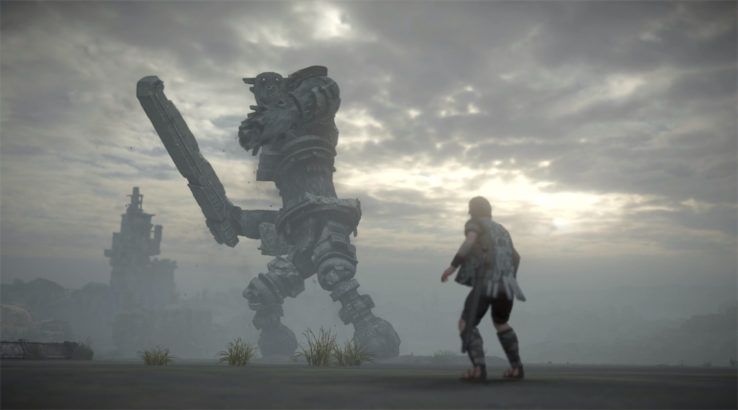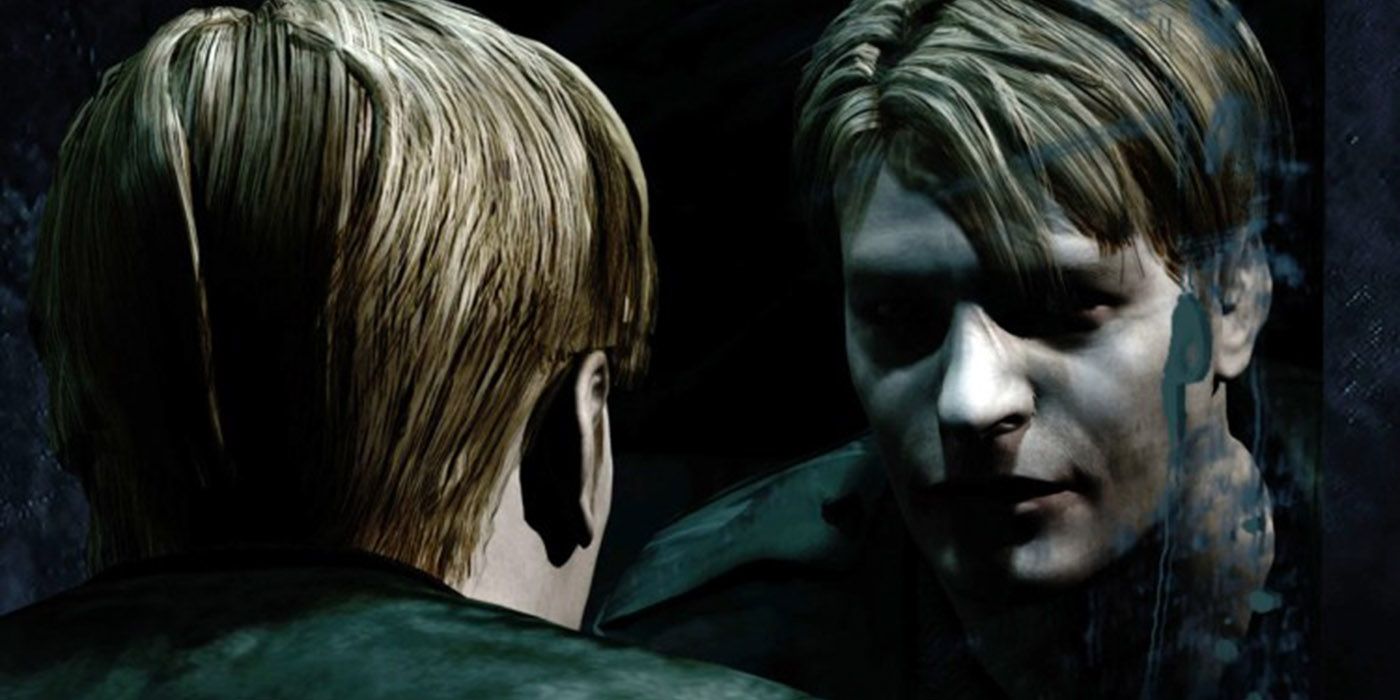The “you became the bad guy” ending has featured in many video games over the decades, even as far back as the original Streets Of Rage, where backstabbing players were given a chance to turn on their co-op partner and take over Mr. X’s criminal gang. Always certain to shock players, this twist was perhaps best utilized in Japan Studio and Team Ico’s legendary adventure title, Shadow Of The Colossus.
The PS2 classic was a huge hit and won many awards, and is regarded as a landmark title in the development of video games as a legitimate art form. Critics praised the game’s minimalist landscapes, atmospheric audio, and immersive gameplay, but particularly focused on the quality of its emotionally eviscerating storyline. But Shadow Of The Colossus’s heart-wrenching narrative would not have been so influential and impactful had it not cast the player as the story’s unwitting villain.
How Shadow Of The Colossus Became Such A Big Success
Published by Sony in 2005 for the PS2, Shadow Of The Colossus was a commercial and critical success, shifting 140,000 units in its native Japan in its first week and outstripping the performance of its predecessor, Ico. As well as a remastered version released on PS3 in 2011, a full remake of Shadow Of The Colossus was developed by Bluepoint Games in 2018, ensuring the game can continue to be enjoyed by modern audiences.
Shadow Of The Colossus casts players as Wander, a young man seeking the means to revive a dead girl named Mono, whose body he has brought with him to the crumbling ruins of an abandoned kingdom. Arriving in a derelict temple, the adventurer is informed by a mysterious entity that he must seek out 16 huge colossuses, and slay each one to earn the power he covets. The game then takes the form of a series of boss fights, with players guided by a magic sword across desolate scenery to confront each of the fearsome beasts.
Shadow Of The Colossus’s minimalist style perfectly complements its minimalist setting: there is very little to do apart from ride Wander’s horse, Agro, across the game’s barren landscape before taking on each of the 16 titular behemoths. The lauded central story is equally limited in its approach, and there is hardly any dialogue after the enigmatic and beautiful introduction sequence. This ensures the player has plenty of time to reflect upon Wander’s deeds as he slaughters his way through the array of graphically stunning boss battles.
This approach perfectly sets up players for Shadow Of The Colossus’s emotional gut punch finale, when they learn that the 16 colossuses were in fact peaceful guardians preventing an ancient evil from being unleashed. The player has unintentionally done the bidding of a foul demon, and it is only thanks to the intervention of an invading military force that their foolishness is undone.
Players and critics considered the ending of Shadow Of The Colossus to be deeply moving, with particular praise lavished upon a sequence where the defeated Wander is drawn inexorably into a void that will destroy him. The player can delay Wander’s death indefinitely, trying in vain to reach the body of his beloved Mono, but can never succeed, and must eventually allow their thwarted and destroyed character to tumble into the abyss.
Other Games That Famously Turned the Player into a Villain
A number of other renowned titles have toyed with this idea of player agency and motivation, casting the player as the opposite of the hero they have grown accustomed to playing in video games. In each case, critics have praised the emotional impact of the eventual reveal of the true nature of the player’s quest.
One of the most famous examples is Silent Hill 2, in which players control protagonist James Sunderland as he searches the mist-shrouded town for his dead wife, Mary, who has summoned him there with a letter from beyond the grave. Having heavily invested in James’s grief-stricken story, players were devastated when the game’s ending revealed that Mary is indeed dead. James’s visit to the troubled town was a manifestation of his gnawing guilt, having smothered her with a pillow when he could no longer cope with her dreadful illness.
Guilt is certainly a pervasive emotion in these titles, and astute players of Shadow Of The Colossus certainly started to sense that their slaughter of the gigantic creatures might be a less than noble act well before the final revelation. Other games have similarly challenged players with the consequences of their actions, such as in Spec Ops: The Line, where the protagonist must come to terms with their own war crimes in the game’s devastating denouement.
Other games have experimented with the characteristics of the protagonist themselves, suppressing information about the nature or history of the player’s character. 2016’s first-person puzzler The Turing Test took this to its limits by having the player believe they were controlling an astronaut named Ava, only to later learn that they are in fact playing as T.O.M., the game’s AI antagonist, who is controlling Ava through a brain implant.
Dark Souls also famously placed the player at the mercy of more intelligent and powerful beings than themselves. The game re-casts the player’s journey through a fallen and accursed realm in a completely different light when they realize that they have been manipulated into many of their actions, although they are still given some agency to choose between two very different endings.
Shadow Of The Colossus was a truly revolutionary game, and has become one of the most cherished and important releases of all time. Its atmosphere and storytelling remains a benchmark for modern titles, and although many games have since turned their player into the “bad guy”, it has arguably never been done with such skill and elegance as in Fumito Ueda’s classic.
Shadow Of The Colossus is available now for PS2 and PS3.



